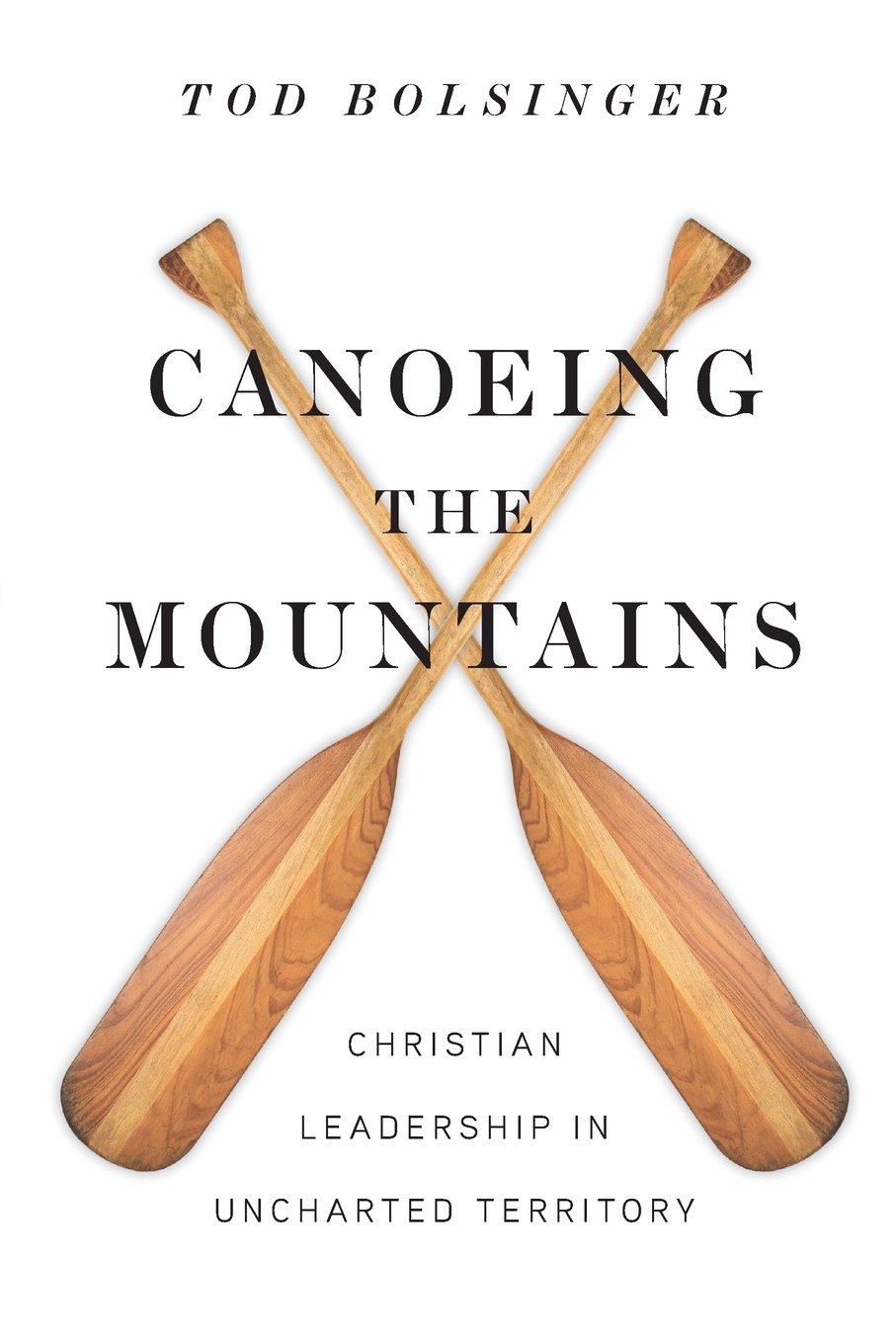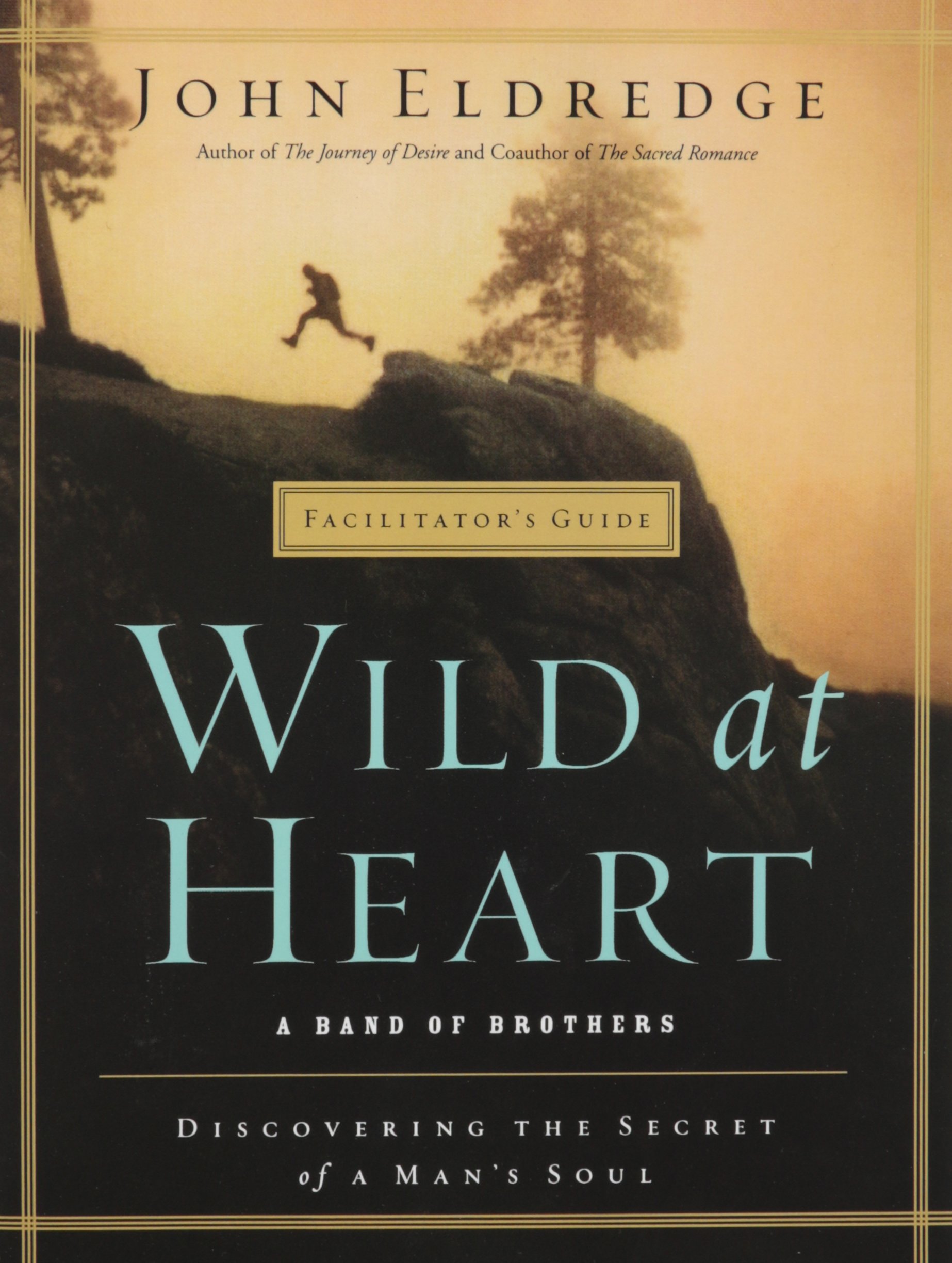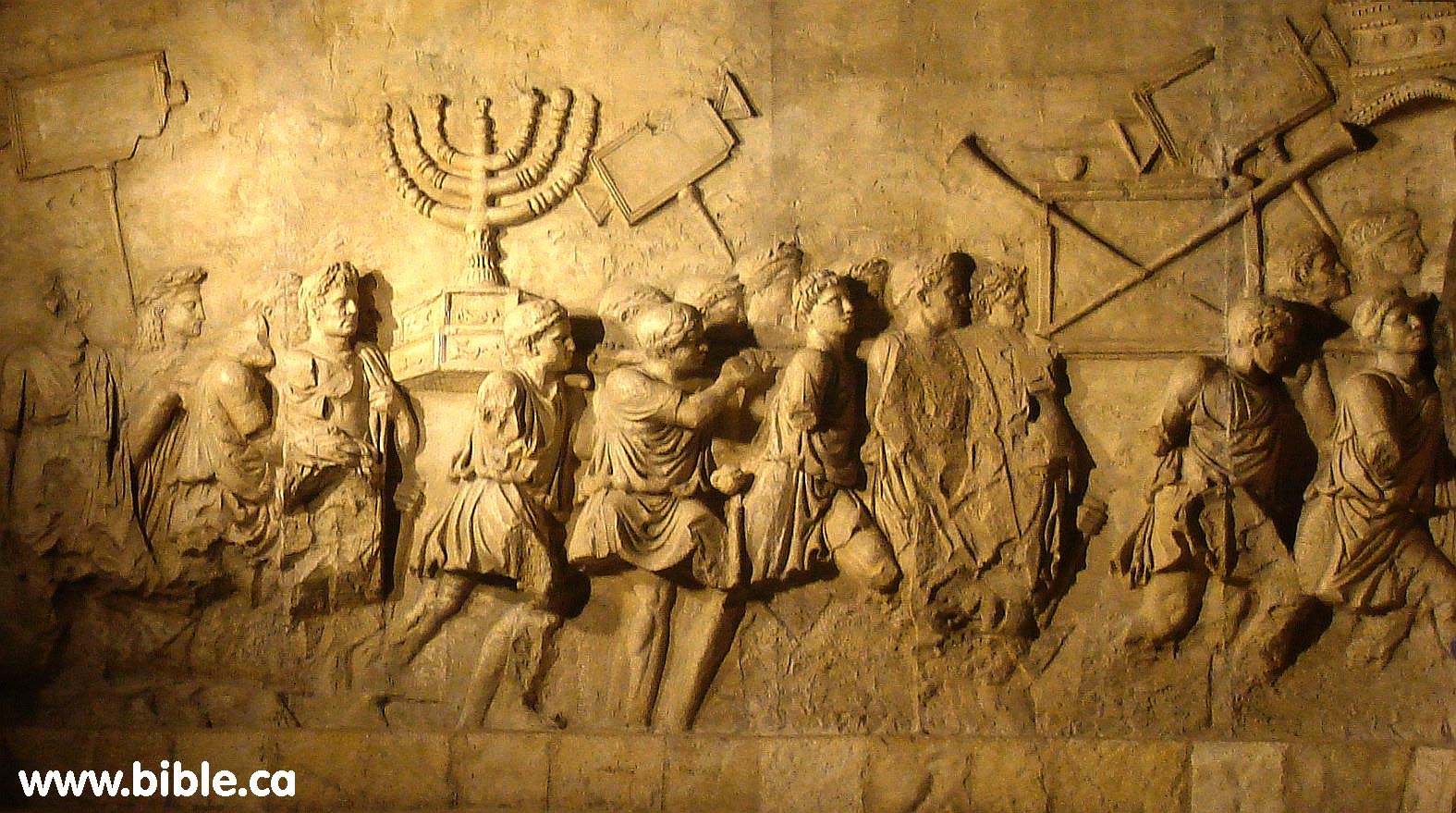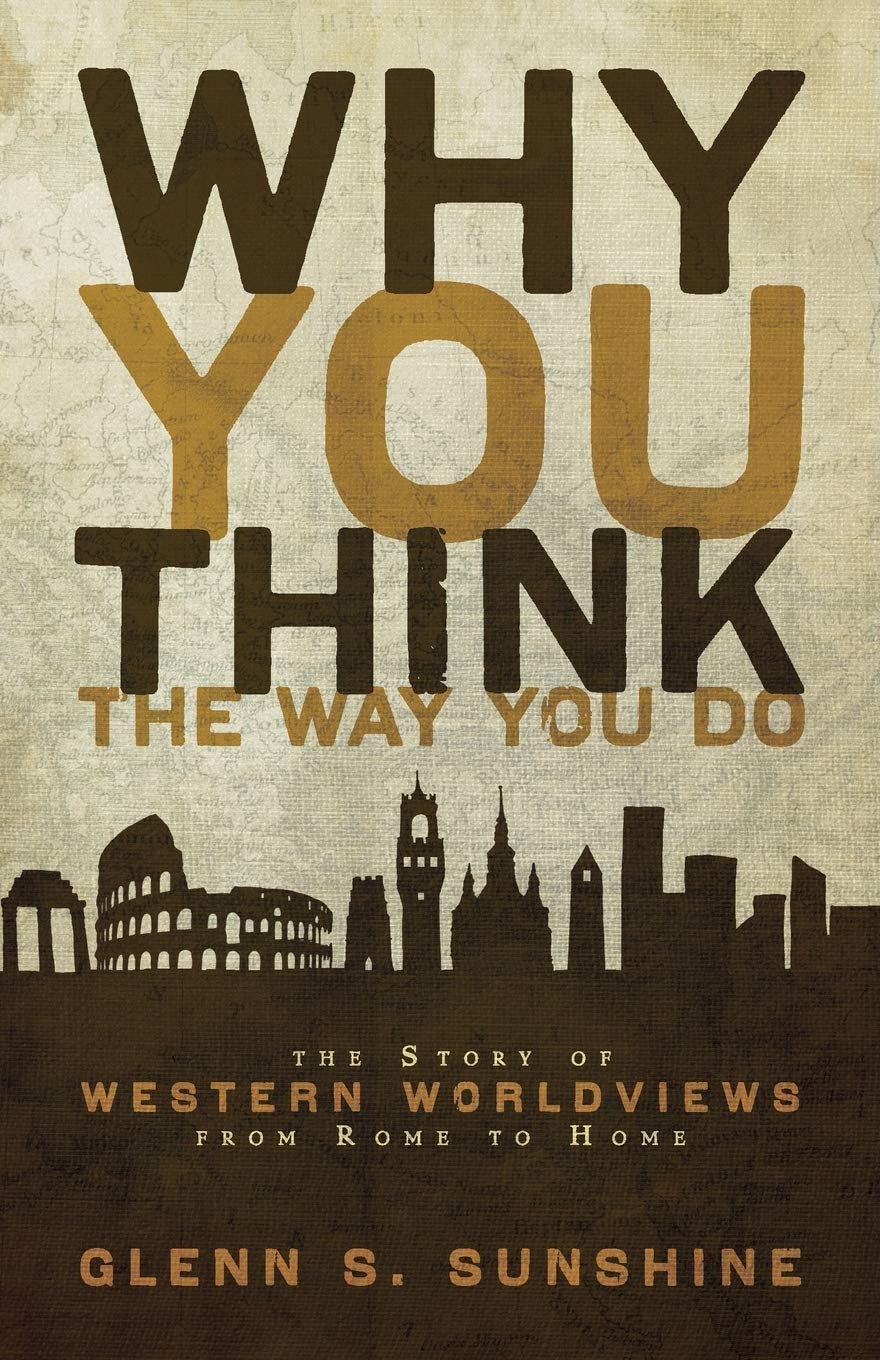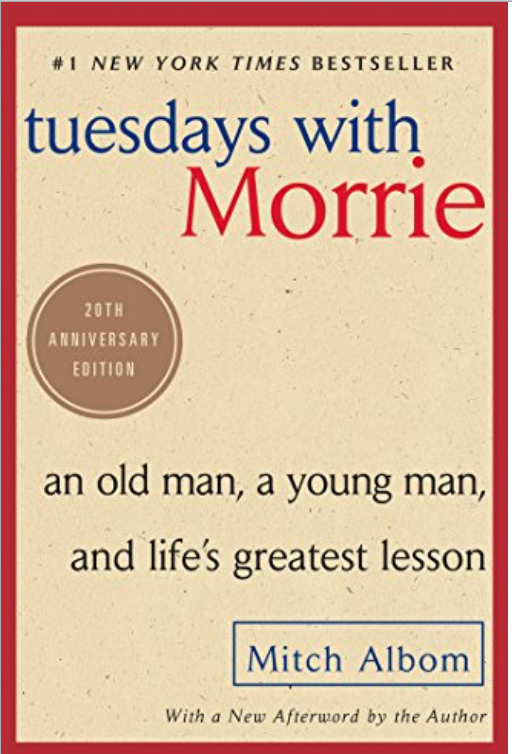
An eccentric lovable old professor gets ALS and begins the slow terrible decent into death. ALS gradually paralyses the body until the victim eventually asphyxiates on his own bodily fluids. It is in this context that we discover a man who refuses to wallow in self-pity, anger, or depression. Instead, he wishes to use the final chapter of his life as a means to help people learn from the experience of dying so they can live in better ways. A former student with journalistic capabilities reconnects with the professor, their friendship which had grown distant is reinvigorated through this slow moving tragedy. In the final months of Morrie’s life, Mitch travels 700 miles almost every Tuesday to chat with his beloved ever-weakening professor. This book is the fruit of those interchanges.
When given the bad news:
“Do I wither up and disappear or do I make the best of my time left?… I decided I’m going to live, or at least try to live—the way I want, with dignity, with courage, with humour, with composure.”
Mitch was truly in awe of the almost complete lack of self pity that he saw in his professor. The professor somehow knew that self-pity was a false promise of comfort that wouldn’t deliver.
Is it ok to mourn? Yes, but:
“Sometimes in the mornings, that’s when I mourn. I feel around my body, I move my fingers and my hands — whatever I can still move — and I mourn what I’ve lost. I mourn the slow, insidious way in which I’m dying, but then I stop mourning, I give myself a good cry but then I concentrate on all the good things still in my life.”
How important is meaning and how do you discover it?
Morrie tells us,
“We live largely unfulfilled, unsatisfied lives because we have not discovered any transcendent meaning to them.”
Mitch resonated with his ailing professor’s observation. Mitch had everything money could buy, but sitting next to his professor, he felt as though he had nothing. He was particularly disturbed when he looked around the professors old house, unlike Mitch, everything the professor had was used, 2nd hand, and old. But Morrie didn’t care about stuff, he wasn’t into chasing whatever was new and shiny. In the midst of this modest, dumpy dwelling place, it became increasingly clear who the happier, more content, more fulfilled person was, and it wasn’t Mitch.
If a greater meaning is so important in life, how does one find it?
“The way you get meaning into your life is to devote yourself to loving others, devote yourself to your community around you, and devote yourself to creating something that gives you purpose.”
These three devotions can be accomplished nicely without the need for a God. This was Morrie’s perspective. He wasn’t anti-God, God was more of a mystery to him, something worthy of study, awe even, but not devotion. I’m wondering if the call to transcendent meaning rings a tiny bit hollow if God is not attached at some point. We all need meaning or we shrink into ourselves, why not embrace an ultimate meaning in a creator God who loves us and gave himself for us? It seems to me that this would up the ante of greater purpose more than anything. I wonder what Morrie would have said if I had the chance to ask him? Toward the end, Morrie’s gentle agnosticism began to fragment. He started having conversations with God. If a good God was out there somewhere, Morrie was becoming interested in joining him after ALS had completed it’s work. It is no sign of weakness or foolish delusion for a human facing his own mortality to explore post death realities more substantive than agnosticism’s “I don’t know”. Death often has a way of prioritizing the search for God.
Breaking through the fog
“We’ve got a form of brainwashing going on in our county, do you know how they brainwash people? They repeat something over and over. And that’s what we do in this country. Owning things is good. More money is good. More property is good. More commercialism is good. More is good. More is good. We repeat it — and have it repeated to us — over and over until nobody bothers to even think otherwise. The average person is so fogged up by all this, he has no perspective on what’s really important anymore…. What matters? — Love, responsibility, spirituality, awareness.”
It was these four principles that shaped Morries life and these four principles that he instilled in anyone who wished to hang out with him. What broke the cultural brainwashing that Mitch had been duped by? Followers of Jesus would refer to it as “Life on life discipleship.” This is the most powerful change agent in existence and its what led to Mitch’s transformation. In reading the authors bio I discovered that he doesn’t believe that “more commercialism is good” anymore at all. Mitch spends his time and money at his orphanage in Haiti. In addition to this he has also started a handful of other life giving charities. He is a different man.
Fully present
“When Morrie was with you, he was really with you. He looked you straight in the eye, and he listened as if you were the only person in the world. How much better would people get along if their first encounter each day were like this, rather than a grumble from a waitress or a bus driver or a boss? I believe in being fully present.”
He excoriates people for being distracted when they should be focused on the person in front of them, (well, he doesn’t really excoriate anyone, Morrie is too nice for that, I just like that word, but Morrie is certainly not impressed with those of us who find ourselves distracted! ) This was all before the iphone era! If we were distracted in the 90’s how much more so today! Morrie isn’t just lecturing on being polite and respectful of other people. Attentiveness is important for everyone’s health. He puts it this way:
“When I give my time, when I can make someone smile after they were feeling sad, it’s as close to healthy as I ever feel.”
How good is the human race?
Morrie like so many humanists believed in the inherent good of people, he didn’t deny that bad people existed, but for Morrie, people only became bad when threatened. This is where I must part company with the amicable professor. There is no denying that a threatened human is capable of harm, but someone always initiates the threat. Is it because they themselves also feel threatened? No, it’s because they want something for themselves. Selfishness is the core of bad behaviour, not being threatened, and every human has selfishness in spades! To my way of thinking then, humans are not inherently good creatures. Humans are inherently selfish creatures which make us bad in our very nature. This is not happy talk, but it is true talk.
A fear greater even then death
“I heard a small sad sound,
And stood awhile among the tombs around:
‘Wherefore, old friends,’ said I, ‘are you in distrest,
Now, screened from life’s unrest?’
— ‘O not a being here:
But that our future second death is near;
When, with the living, memory of us numbs,
And blank oblivion comes!’”
— Thomas Hardy, “The To-Be-Forgotten”
Morrie was terrified not so much of death, but that he would one day be forgotten. Thanks to Mitch, and Ted Koppel, and a made for T.V. movie promoted by Oprah, Morrie’s oblivion date has been extended to a point in time well beyond any of the rest of us. Mitch posthumously rejoices in this accomplishment in the 20th anniversary edition of the book. Morrie’s life caries on through others. But it won’t forever – the oblivion date will eventually arrive.
For me the better story is not so much that one’s memory lives beyond the grave, rather it’s that one’s actual person lives beyond the grave. With this perspective there is no “second death”.
Other good quotes/thoughts
- Morrie was an expert at coaxing compassion out of people
- Giving is living
- The most important thing in life is to learn how to give out love and to let it come in.
- Regarding being ashamed for being so needy: “Forget what the culture says. I have ignored the culture much of my life. I am not going to be ashamed. So what [if someone has to wipe my butt]! What’s the big deal?
